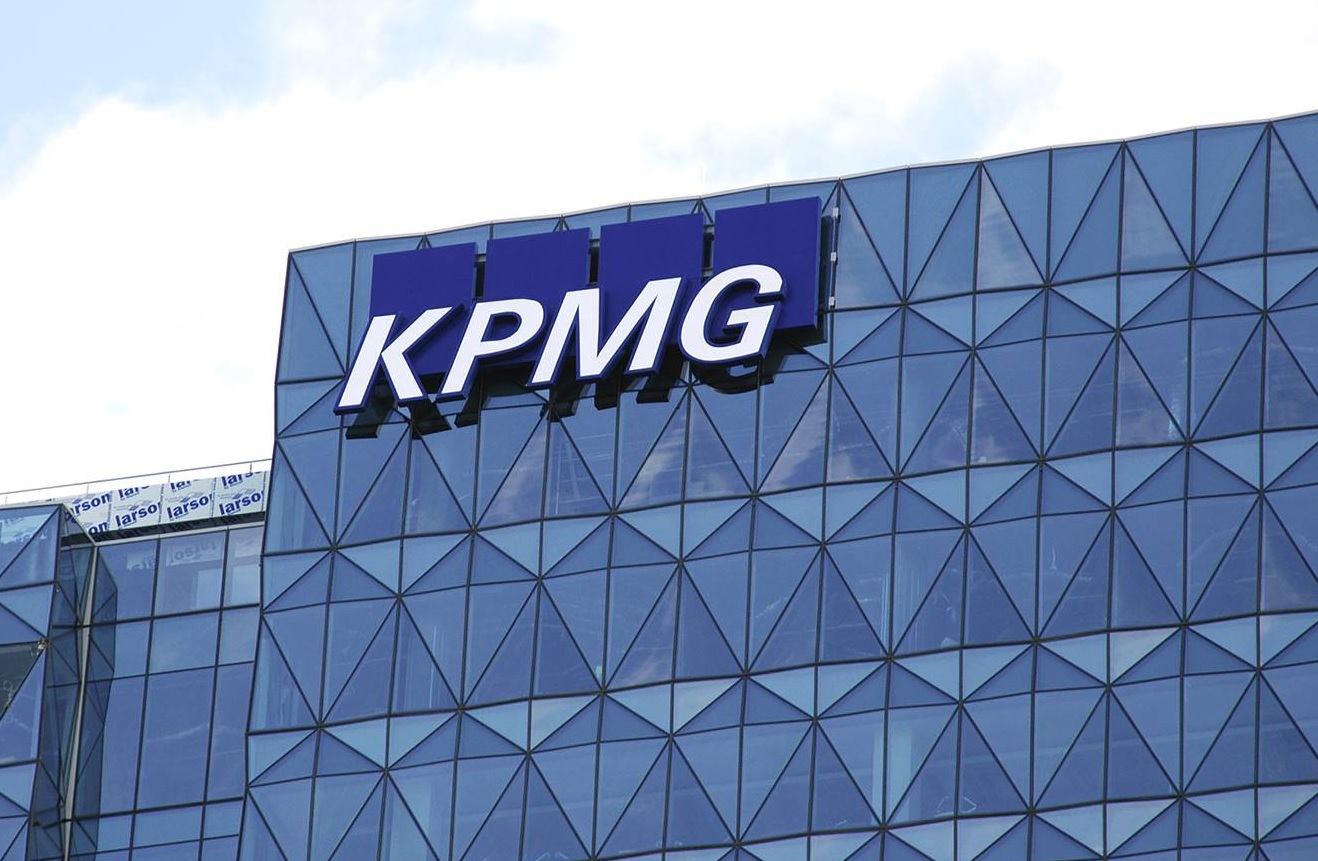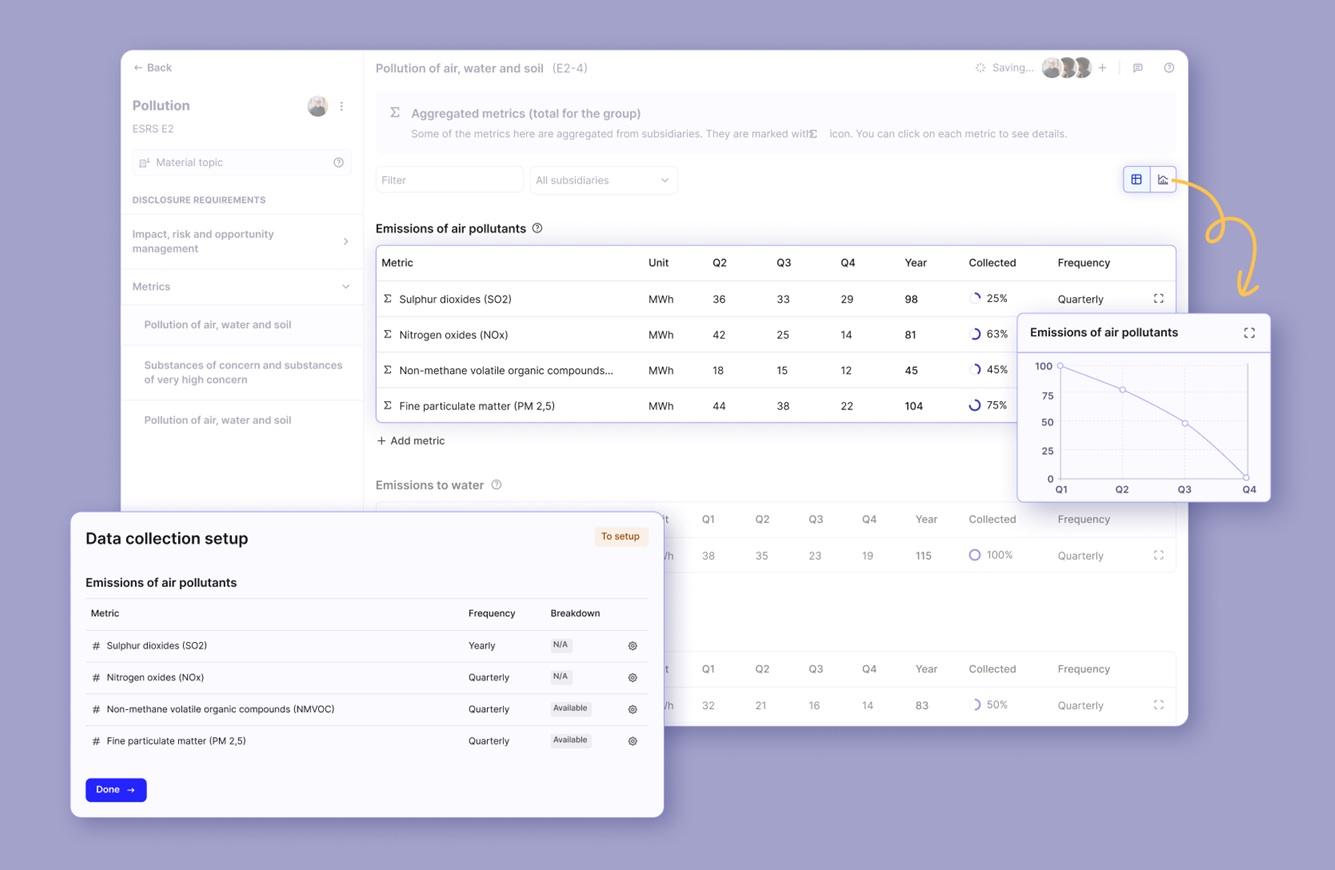94% of Companies Planning to Comply with CSRD – Even if They Don’t Need to: Workiva
Nearly all public companies across Europe and the UK are planning to comply with the EU’s upcoming Corporate Sustainable Reporting Directive (CSRD), even including a majority of companies not covered by the mandate, as integrated sustainability and financial reporting is becoming the “new gold standard” of disclosure practices, according to a new survey by business data and reporting solutions provider Workiva.
While companies aim to meet the reporting requirements of the new regulation, however, the survey also indicated the need for more progress on integrating sustainability reporting functions and processes, with CSRD about to take effect next year.
For the report, “Annual Reporting Barometer 2023: Facing up to the CSRD,” Workiva commissioned a survey of more than 500 finance leaders with responsibility for corporate reporting at publicly listed companies, in markets including the UK, Ireland, Spain, Germany, Austria, Switzerland, France, Denmark, Norway, Sweden, Finland, Belgium, Netherlands, and Luxembourg.
The CSRD, on track to begin applying from the beginning of 2024 starting with large companies, is aimed as a major update to the 2014 Non-Financial Reporting Directive (NFRD), the current EU sustainability reporting framework. The new rules will significantly expand the number of companies required to provide sustainability disclosures to over 50,000 from around 12,000 currently, and introduce more detailed reporting requirements on company impacts on the environment, human rights and social standards and sustainability-related risk.
With the regulation set to come into effect in the coming months, 94% of the survey respondents said that they are working to become compliant with CSRD by 2024. Even companies that are not required to comply with the new rules, such as those in non-EU countries like the UK, are gearing up for the new regulations, with 59% reporting that they plan to voluntarily align their integrated reporting strategies with CSRD.
The report said:
“To maintain competitive advantage, integrated reports and integrated reporting practices are becoming the new gold standard: the CSRD has raised the bar for what is expected from reporting, and companies outside the scope of the CSRD will need to keep up with their EU-based peers.”
The report also indicated that companies may not yet be prepared for the increased burden of reporting requirements under the new regulation, with more work needed to integrate sustainability and financial functions. While 44% of survey respondents said that they have plans to optimize collaboration between sustainability and finance, for example, only 10% reported that they are currently working to improve this collaboration, and only 6% on the collaboration between finance, sustainability and risk.
Similarly while most respondents (81%) said that they are satisfied with the integration of ESG within the financial reporting process, most also indicated that their definition of integrated reporting does not extend to the integration of teams (67%), processes around document compilation (68%) or data collation (60%).
The survey also asked respondents about their main concerns about adding sustainability metrics in the financial reportin process, with top responses including trust in data at 36% and timelines (35%), followed by ‘audit,’ ‘risk posture and controls’, and ‘collaboration with other teams’ each reported by 31%.
Erik Saito, Senior Vice President and General Manager of EMEA at Workiva, said:
“There is a clear lack of in-depth understanding when it comes to the requirements of integrated reporting—particularly in regard to CSRD compliance and the timelines needed to establish, test and optimise a truly cross-functional reporting structure. Organisations simply won’t be able to approach CSRD compliance with a ‘trial-and-error’ approach; the demands are far more complex than anything that has come before—and will only continue to increase.”
Click here to access the report.





